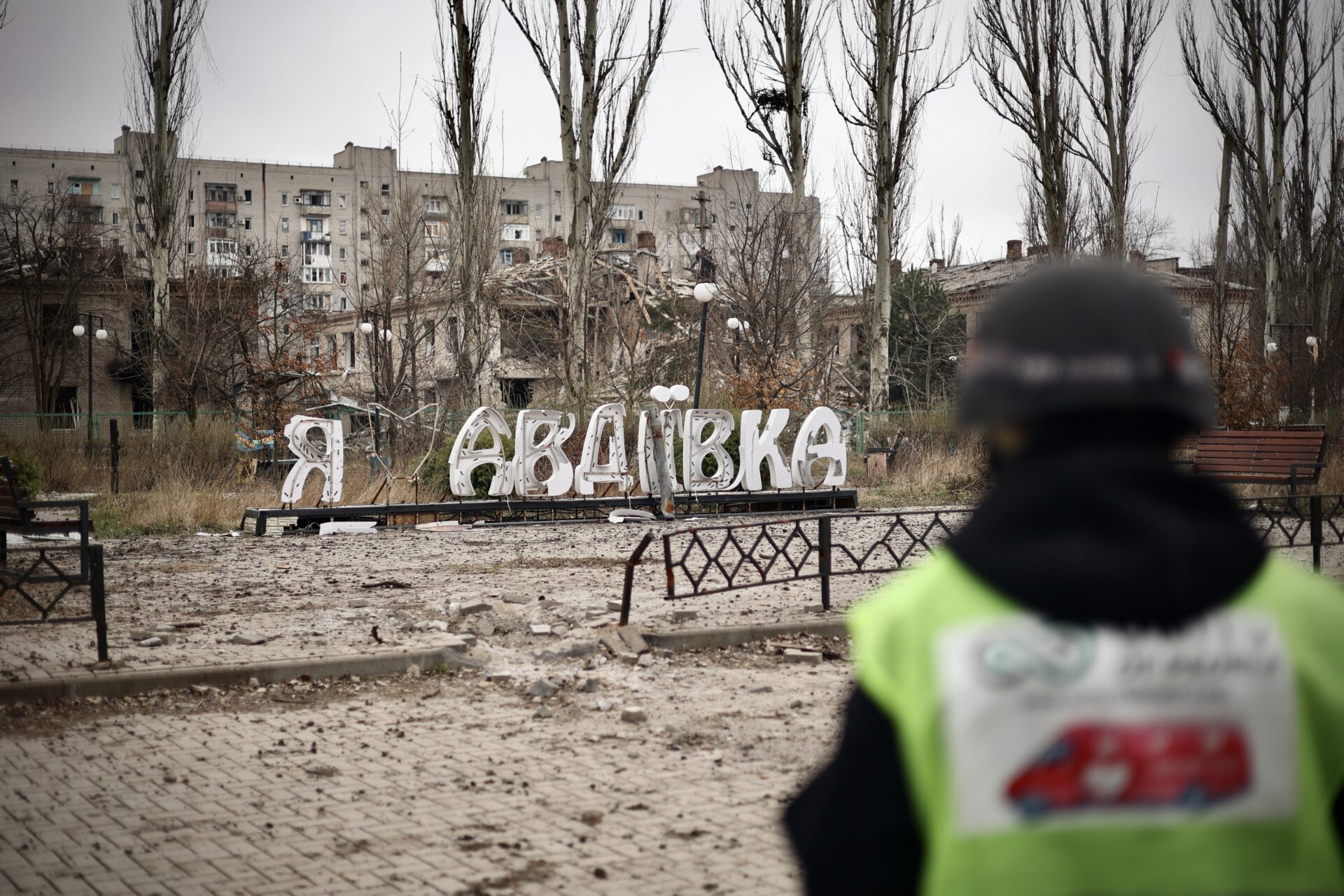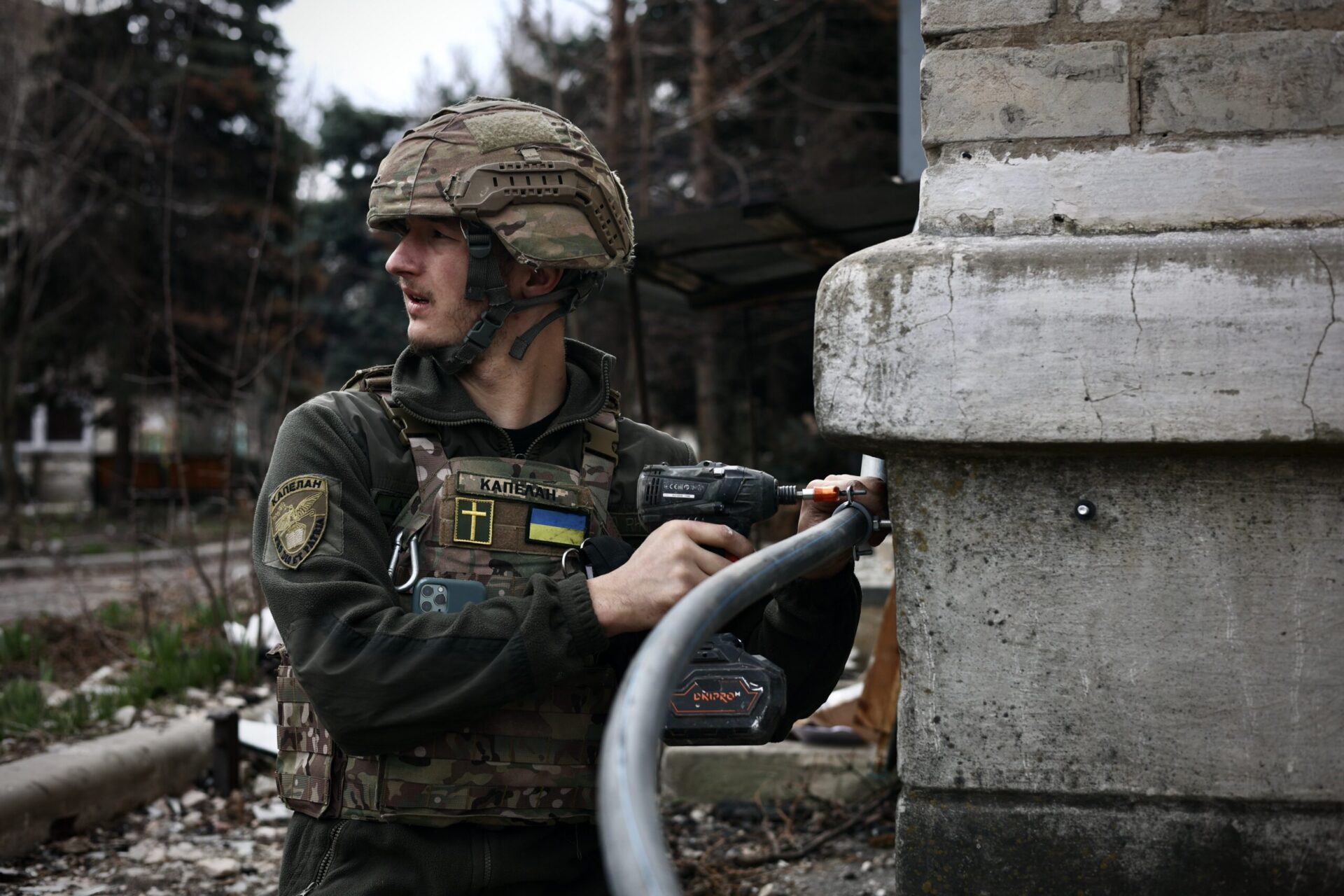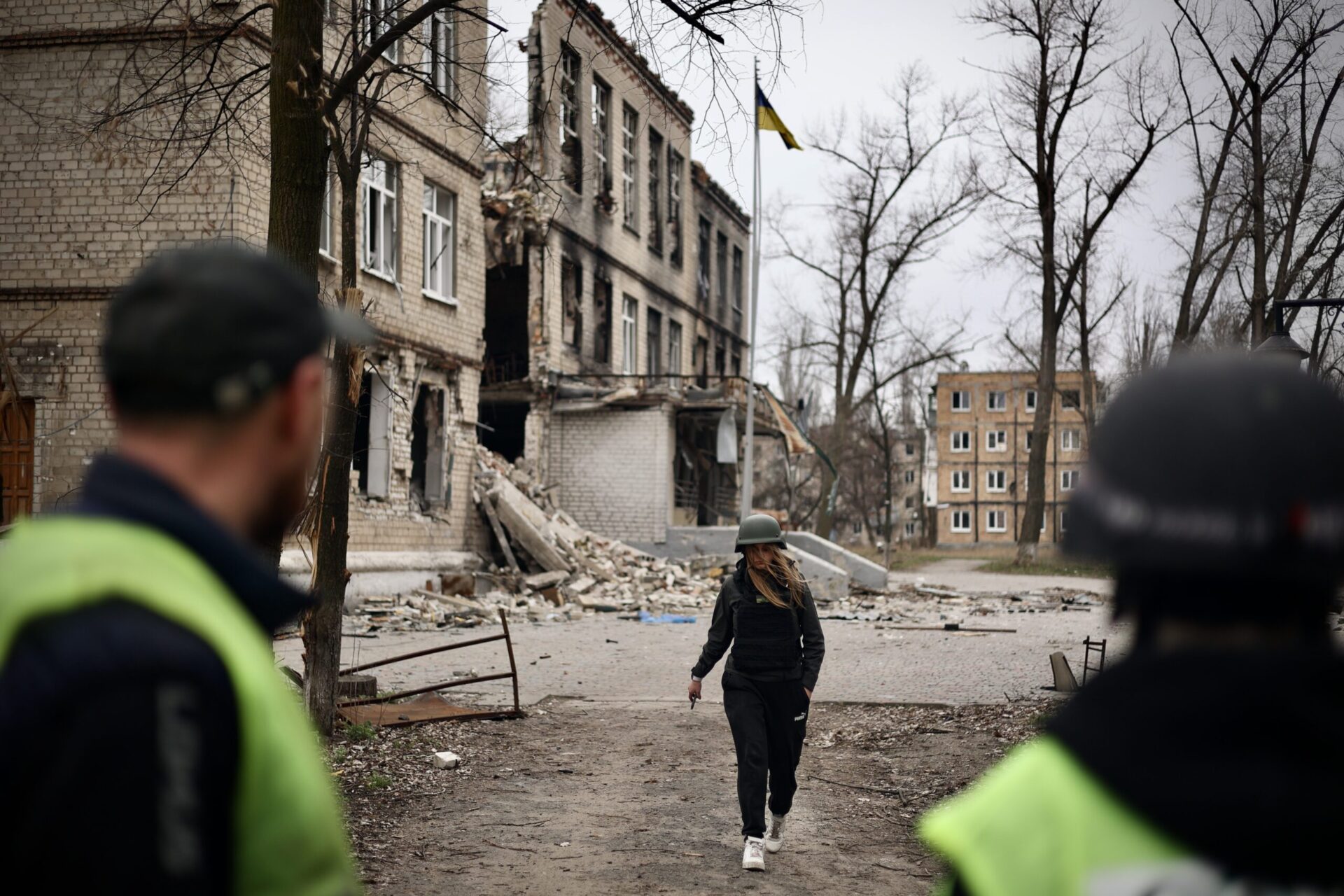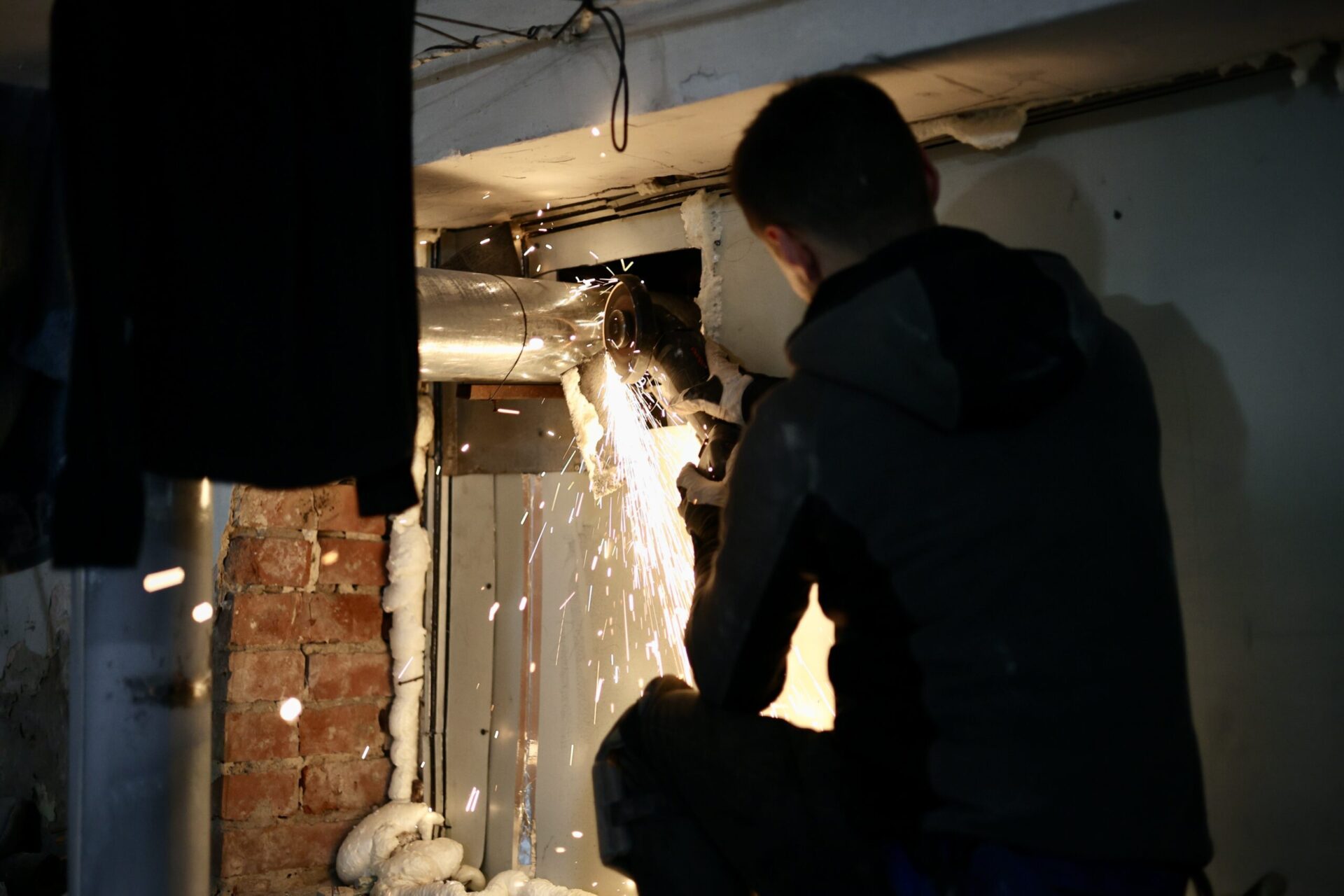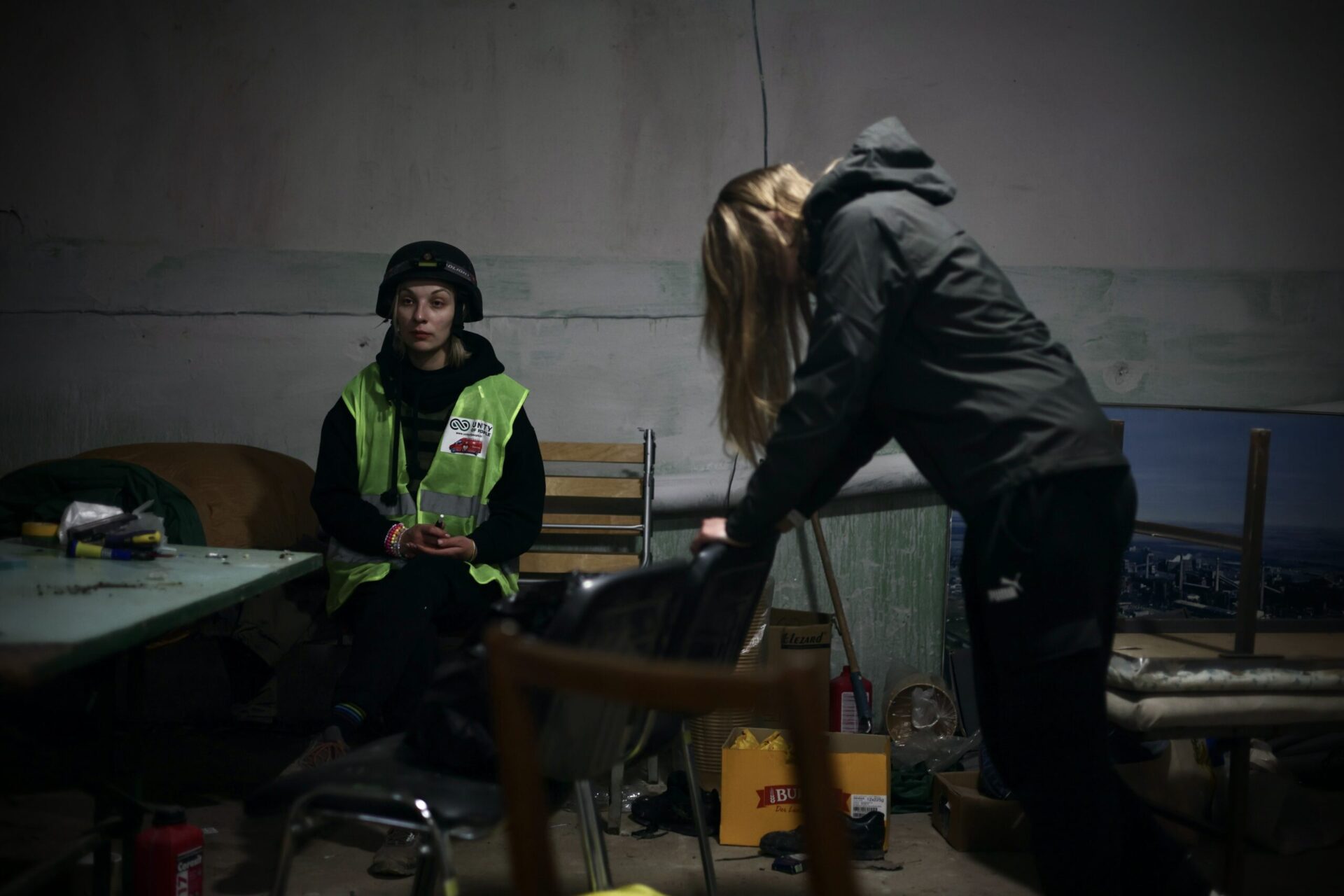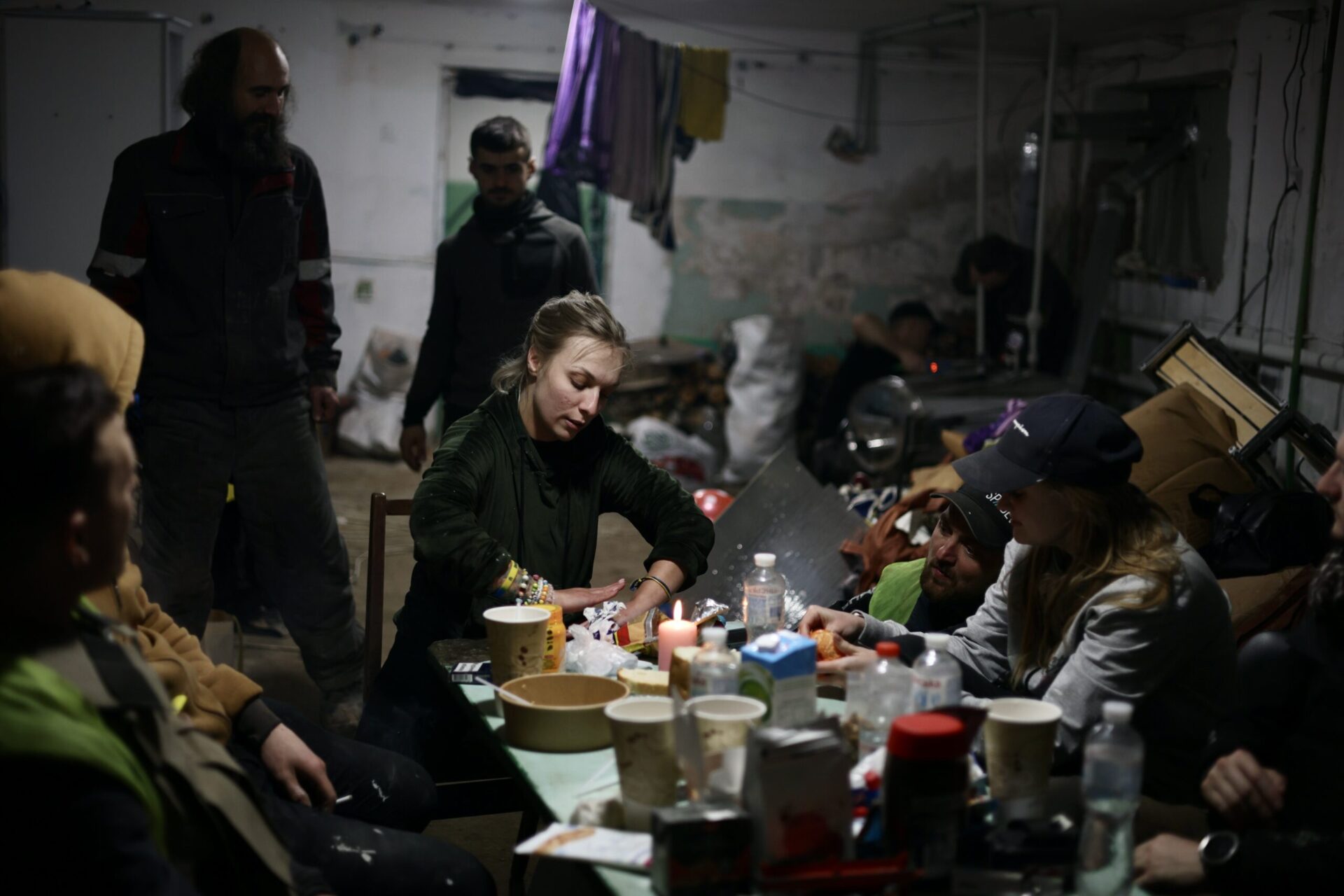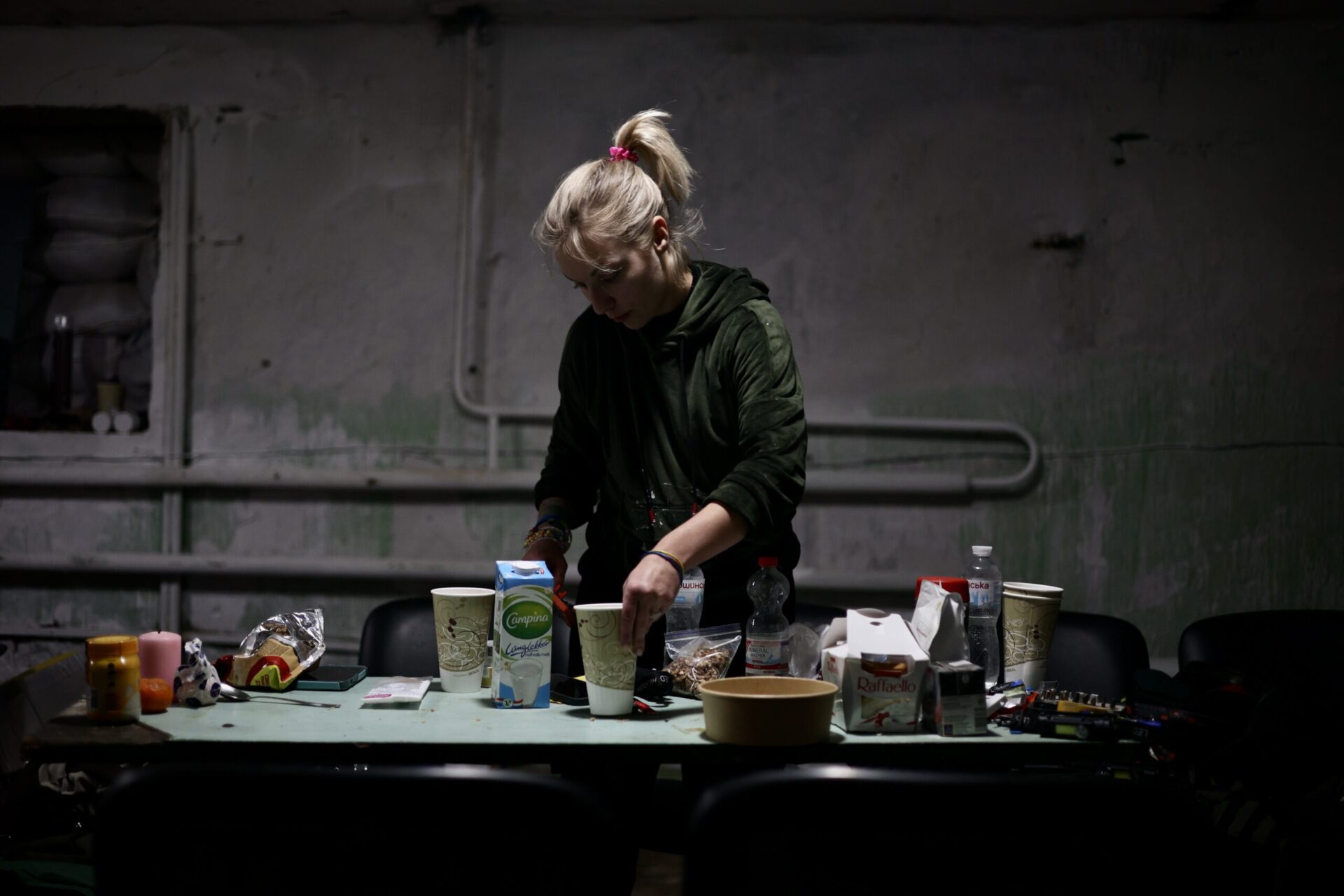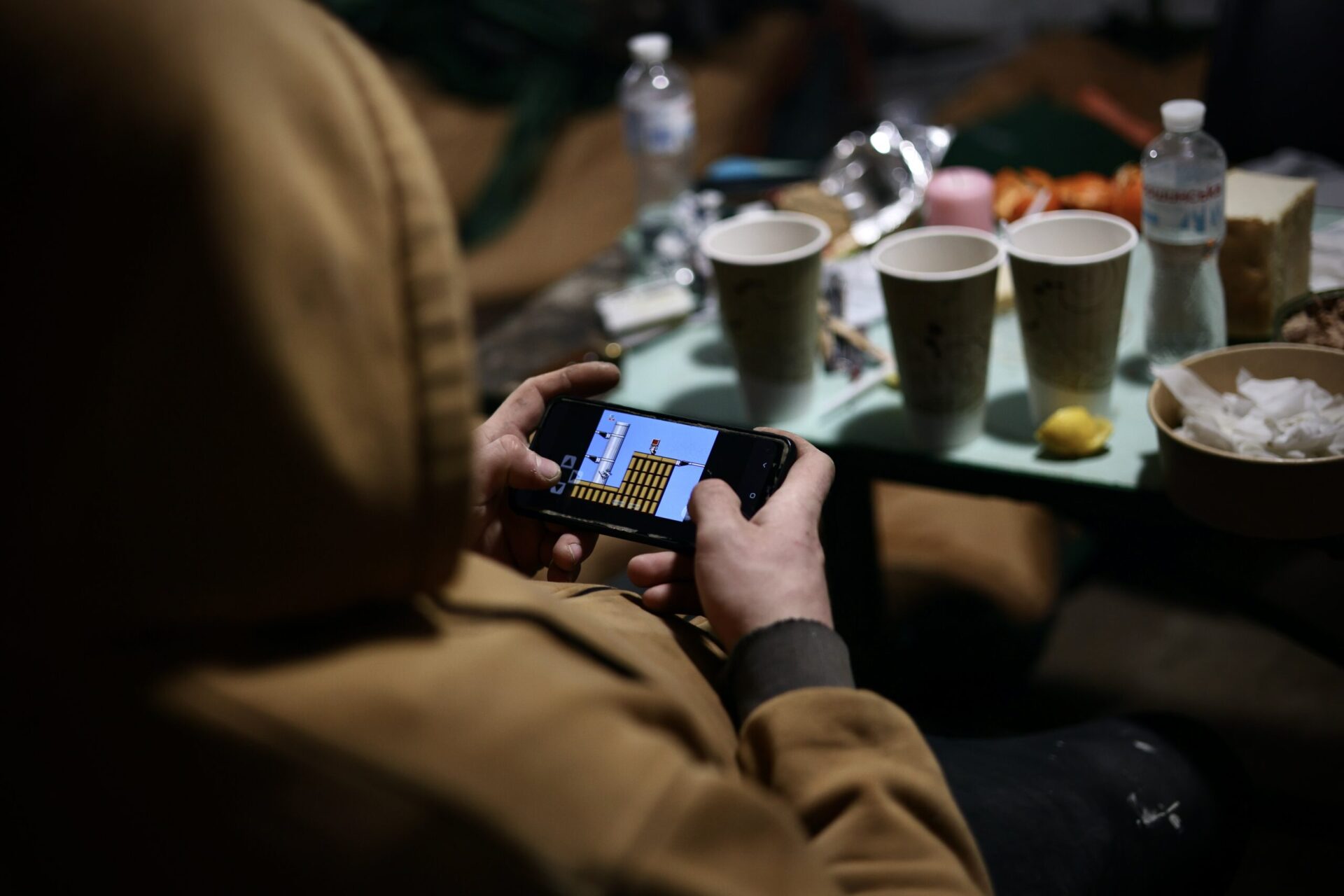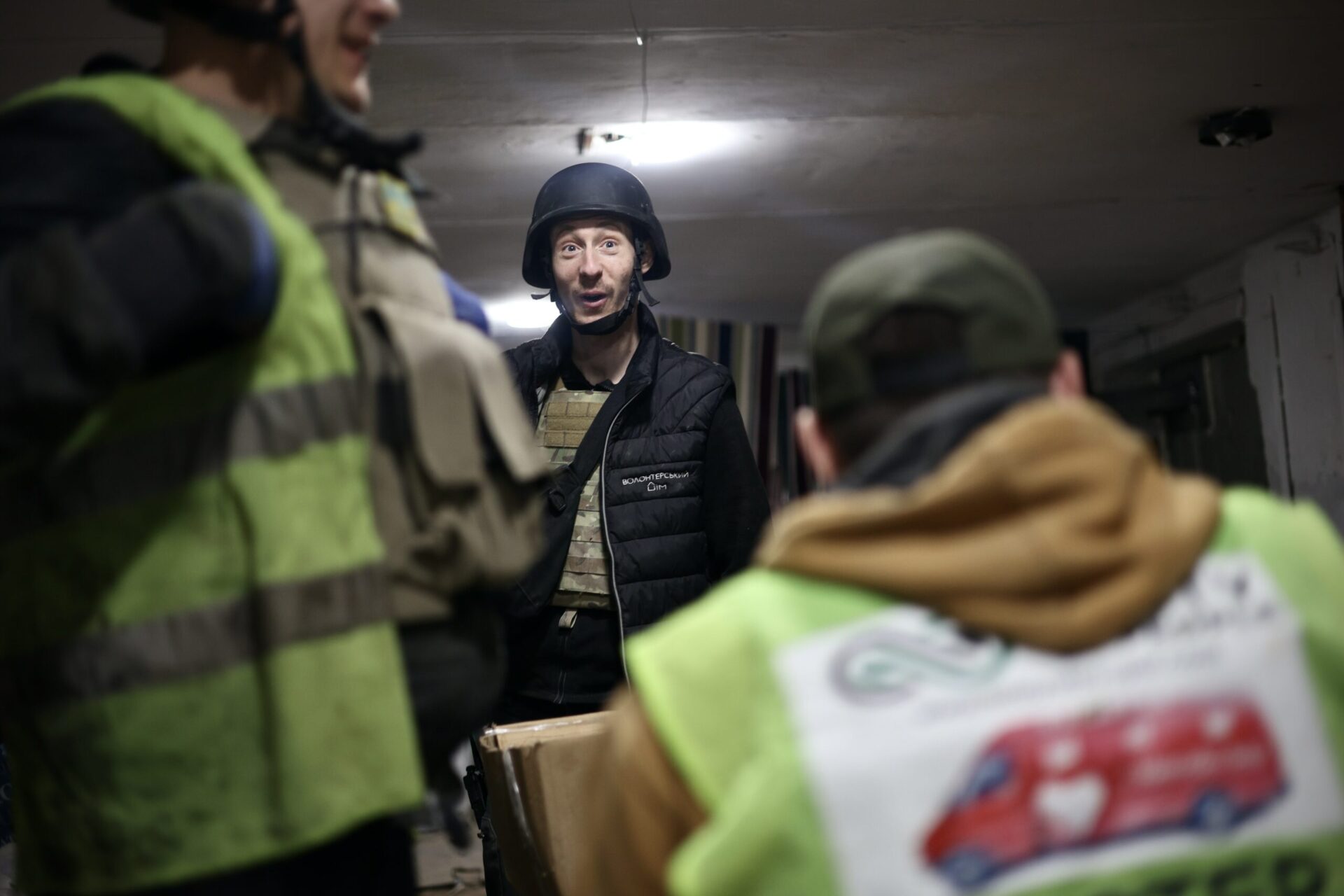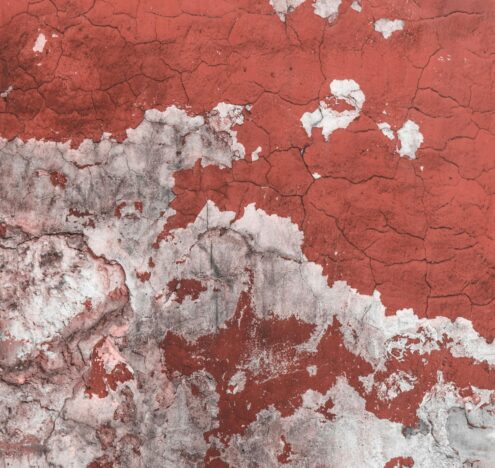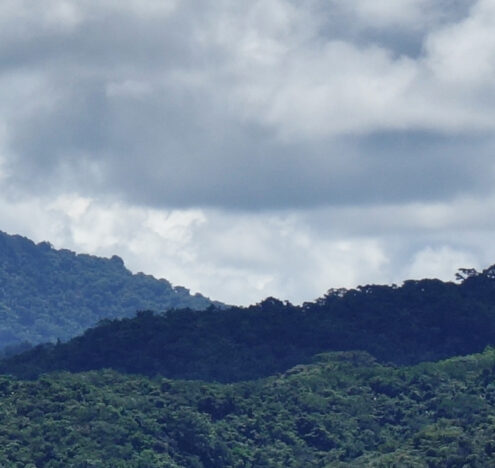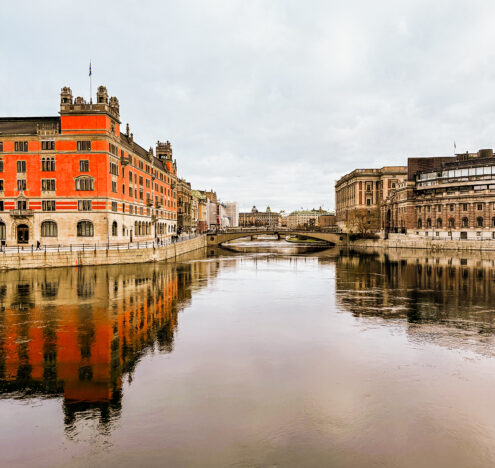Around 5 pm in late March 2023, a man came to the humanitarian center in Avdiivka, Ukraine, and said that people had been injured. The town was quieter than usual that day, but shelling still continued to fall, gunfire chattered from the outskirts of town, and the threat of attacks by Russian aircraft perpetually lingered.
From a basement underground emerged three volunteer aid workers: Misha, Nastya, and Vitaliy. For nearly a week, they and a handful of other Ukrainians had been constructing the only humanitarian center inside Avdiivka, a small town in eastern Ukraine that is shaping up to become a new epicenter of fighting as Russia’s invasion of the country moves forward into its second year.














